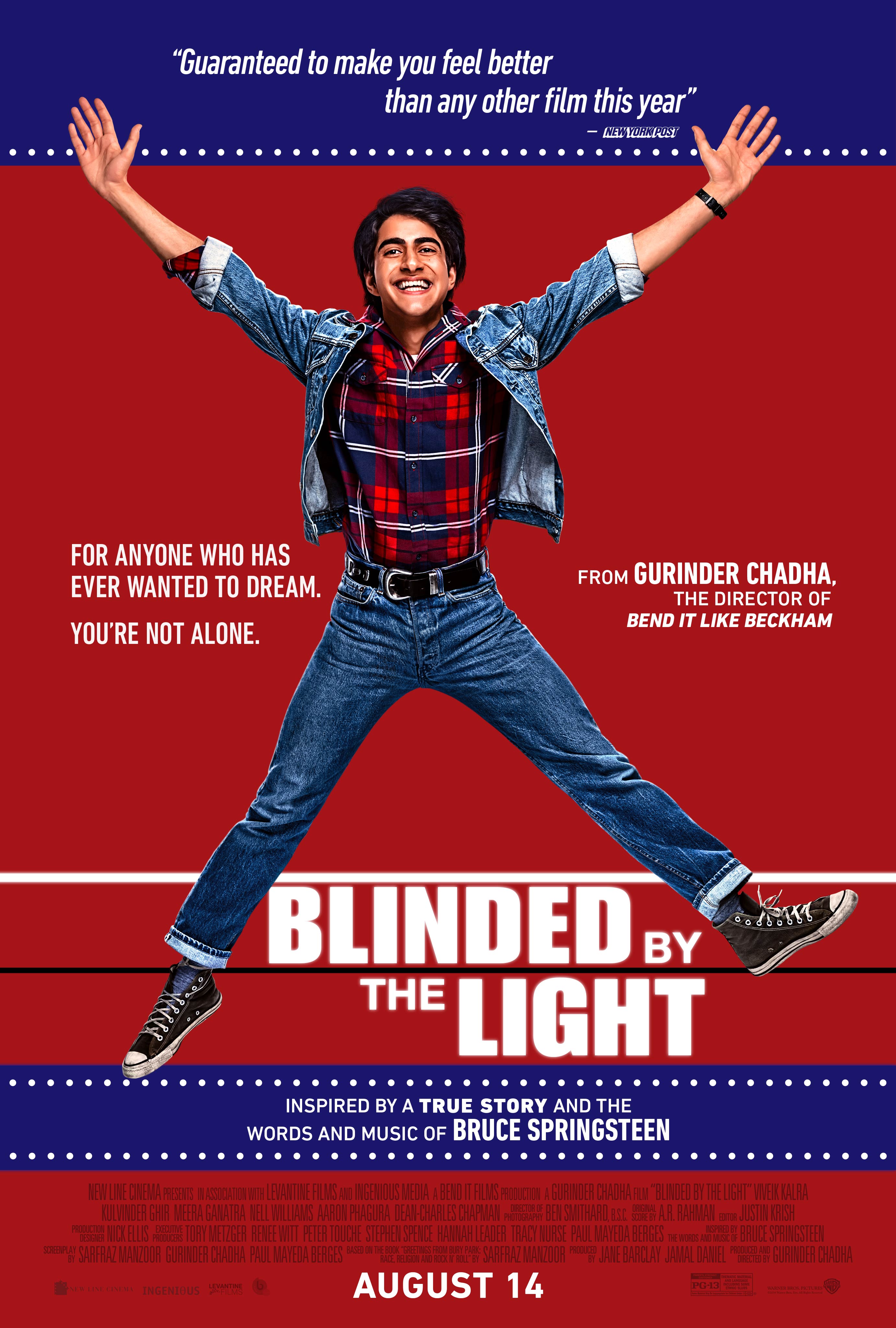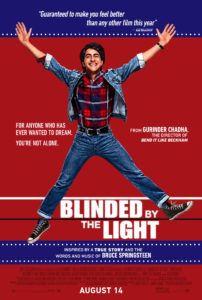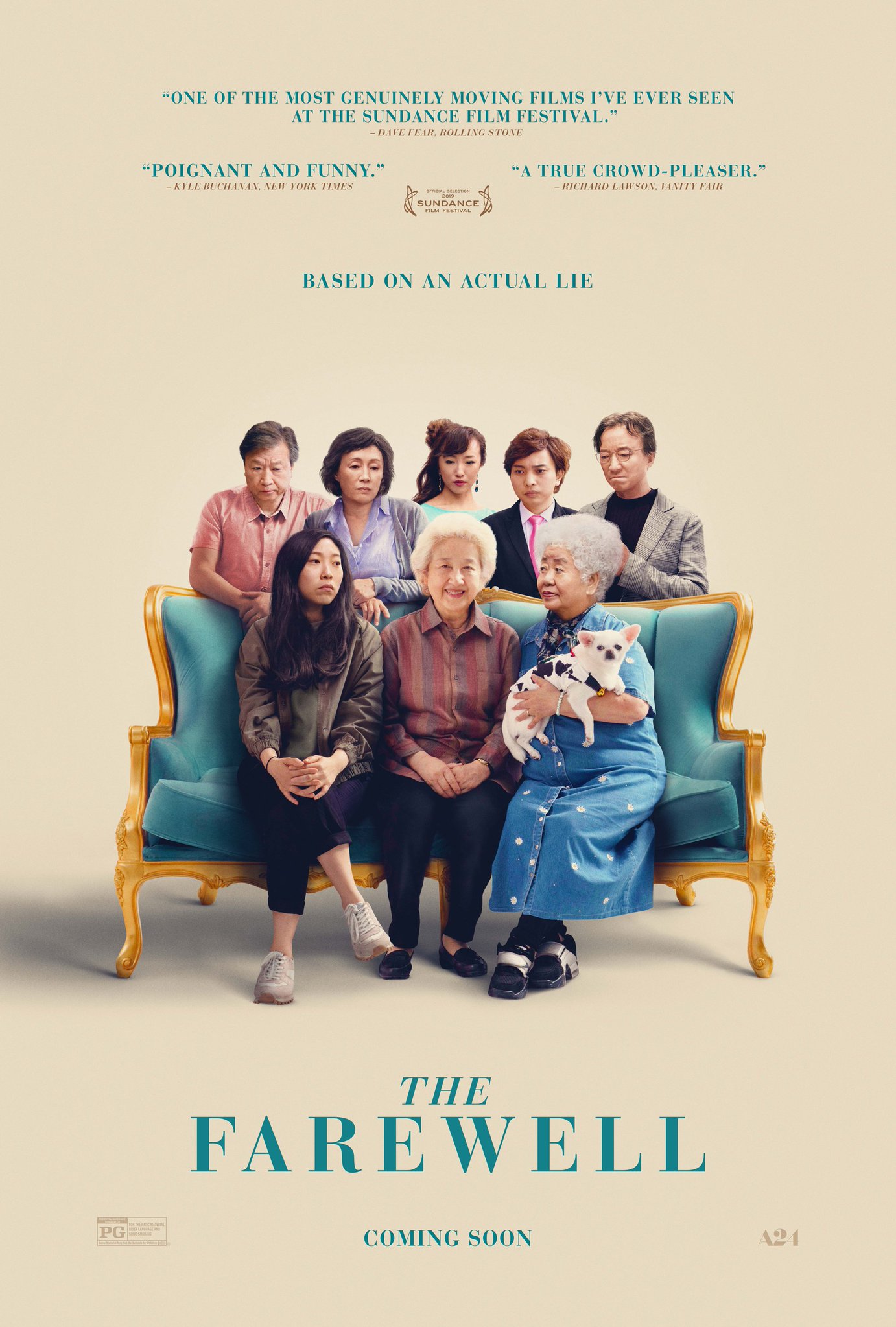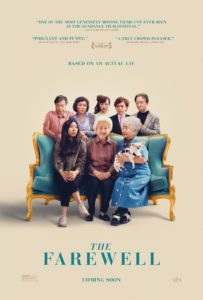Brittany Runs a Marathon
Posted on August 29, 2019 at 5:35 pm
B +| Lowest Recommended Age: | High School |
| MPAA Rating: | Rated R for language throughout, sexuality and some drug material |
| Profanity: | Strong and crude language |
| Alcohol/ Drugs: | Drinking and drunkenness, drugs, references to addiction |
| Violence/ Scariness: | Injury, references to |
| Date Released to Theaters: | August 30, 2019 |
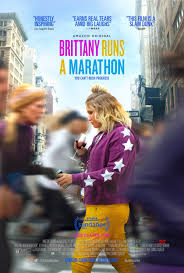
Brittany feels that she is both stuck and drifting. As she approaches 30, her friends all seem to be settling into jobs and relationships while she is still living in college slacker mode, sharing an apartment with her BFF Gretchen (Alice Lee), and barely managing her internship-level job with a small theater group. Brittany is in debt, goes out partying nearly every night, goofs off at work, and makes fun of a neighbor they call “Moneybags Martha,” scrolls through social media to look at everyone else’s seemingly perfect lives, and tries very hard not to notice how awful she feels.
Brittany goes to a doctor because she says she cannot focus and asks him for Adderall. He tells her, as sympathetically as he can, that what she has to do is lose 50 pounds. She cannot afford a gym. The longest journey begins with a single step. And so, she begins with a run for just one block.
First-time writer/director Paul Downs Colaizzo was inspired by the real-life story of his friend Brittany (glimpsed over the closing credits). It would have been easy and probably very popular for him to make a feel-good Cinderella story, with losing weight playing the role of the fairy godmother; makeover stories are hard to resist. But Colaizzo tells a smarter, subtler, more meaningful story here, with structural, symbolic, and character-based moments that illuminate Brittany’s growing understanding of herself and her world. Repeated incidents of Brittany racing for a subway as the door is closing are as important in marking the story’s development as the more conventional shots of the number on the scale as she weighs herself. The diverse cast is especially welcome, and Calaizzo balances the Lil Rel Howery character’s near-saintly level of advice and support with more flawed characters like her frenemy Gretchen, her new running buddy Seth (Micah Stock), and someone as lost as Brittany and almost as defensive, Jern (Utkarsh Ambudkar).
We see that Brittany was not just heavy; she was numb. Any time she felt vulnerable or uncomfortable she made a silly joke or put on a silly accent. And that was most of the time. There were so many things she didn’t want to think about: being sad and scared as a child, feeling lost and unloved now. The reason she feels unfocused is not because she needs Adderall; it is because all of her emotional energy is put into not focusing on why she feels hopeless. Learning to be honest with herself is more painful and much more terrifying than running a little longer every day. And there is something even more terrifying: allowing herself to get close to other people, to allow other people to get close to her.
Bell has acknowledged that this story hit close to home for her. For us, as audience, we have known her as a comic performer with a gift for delightfully offbeat quips. Her fight scene with Jonah Hill in “22 Jump Street” is a loopy delight. Here, like Brittany, she has to let go of her natural reflex for comedy to allow us to see her character’s pain. Seeing Bell open up to show us how Brittany opens up as she learns to judge other people — and herself — less harshly is what makes this movie one of the summer’s sweetest surprises.
Parents should know that this movie includes some strong and vulgar language, sexual references, some crude, and sexual situations, drinking and drug use, reference to addiction, and references to family dysfunction and stress.
Family discussion: What upset Brittany about the couple at her brother-in-law’s party? Why was it so hard for her to accept help? What did she learn about Gretchen and why didn’t she see it before?
If you like this, try: “Wild,” “Tracks” and the recent “Sword of Truth,” also featuring Bell and Watkins

